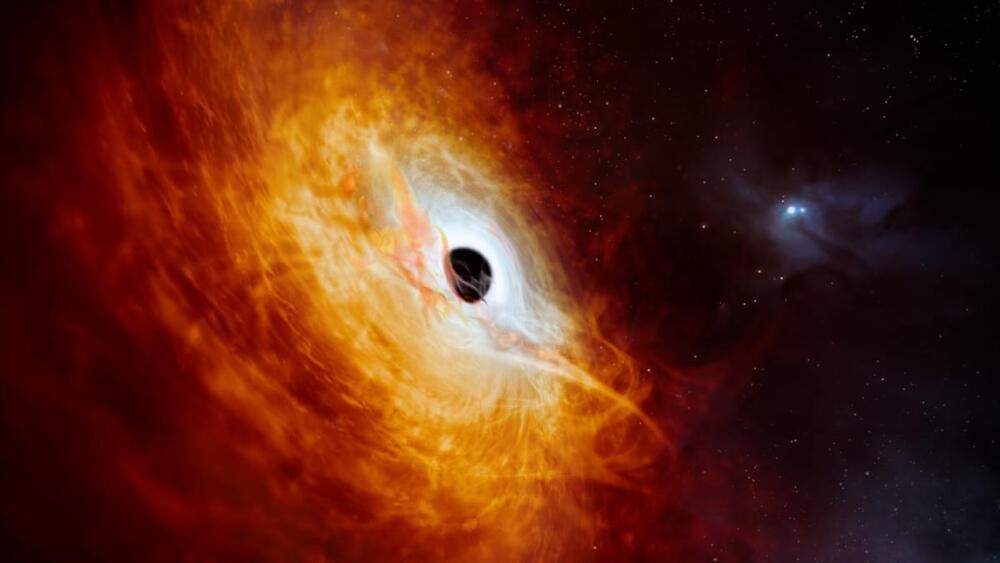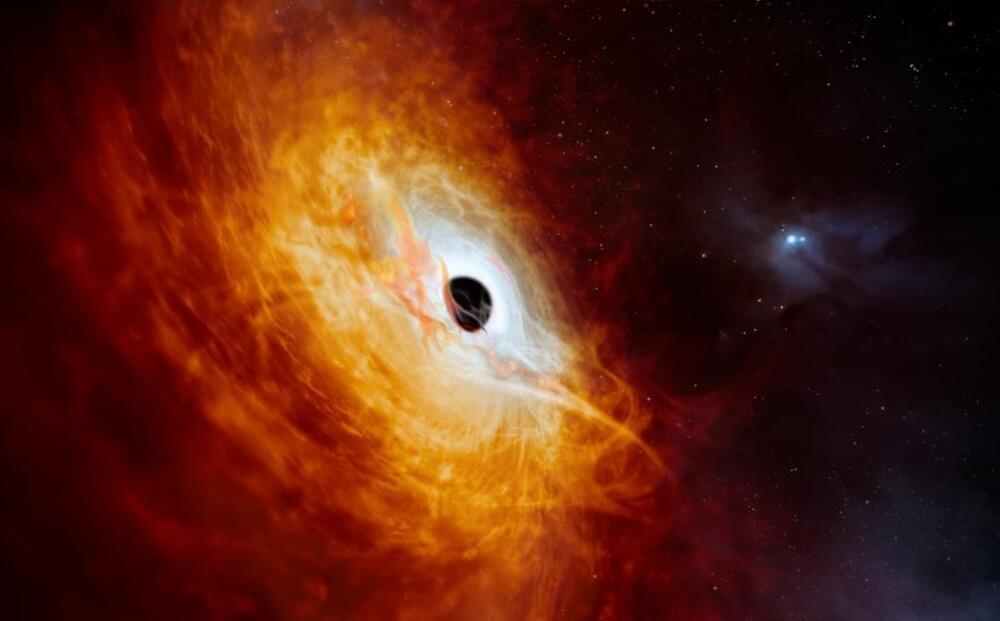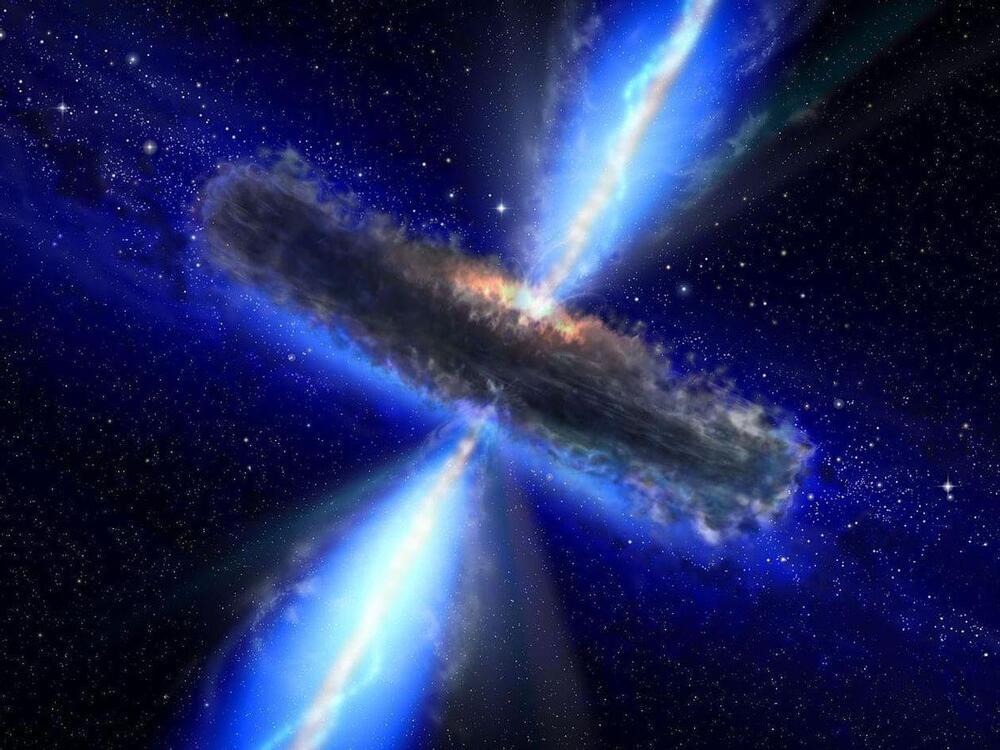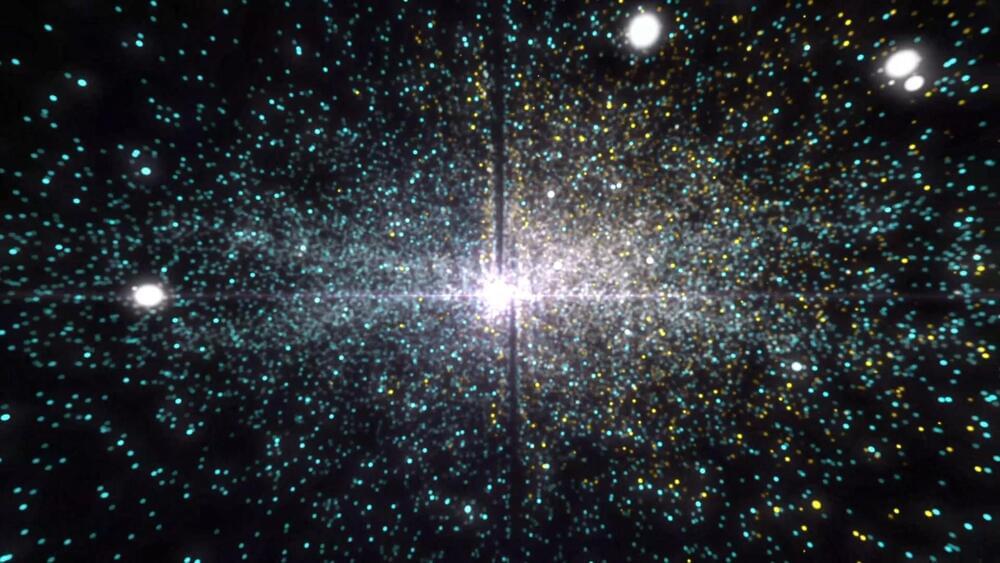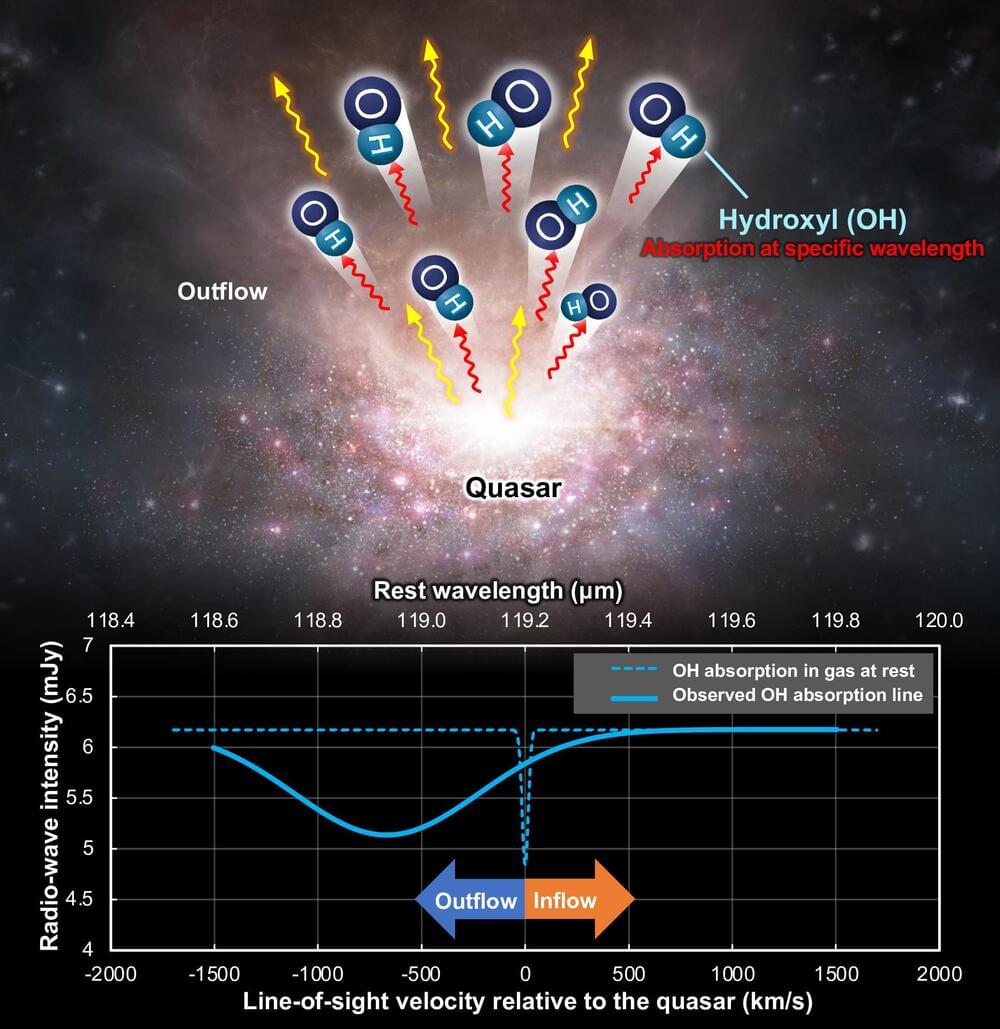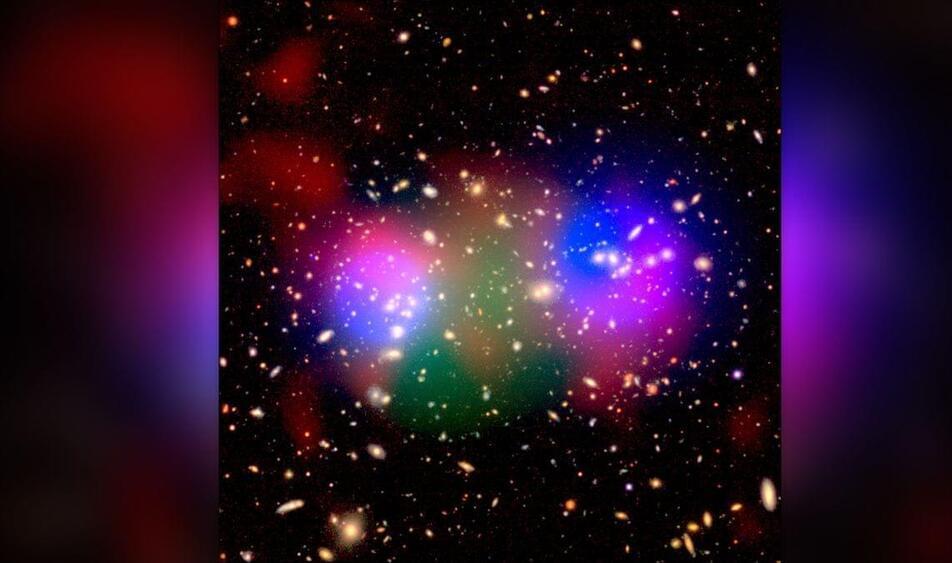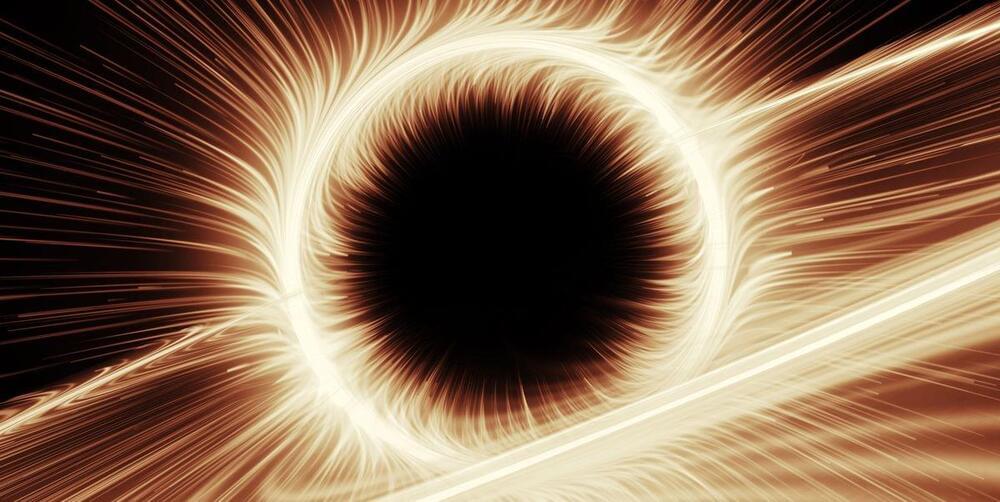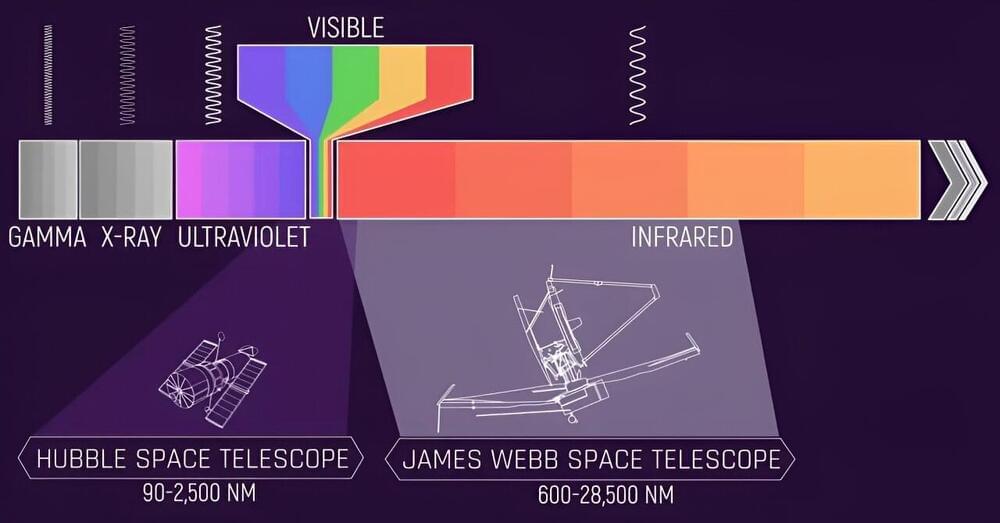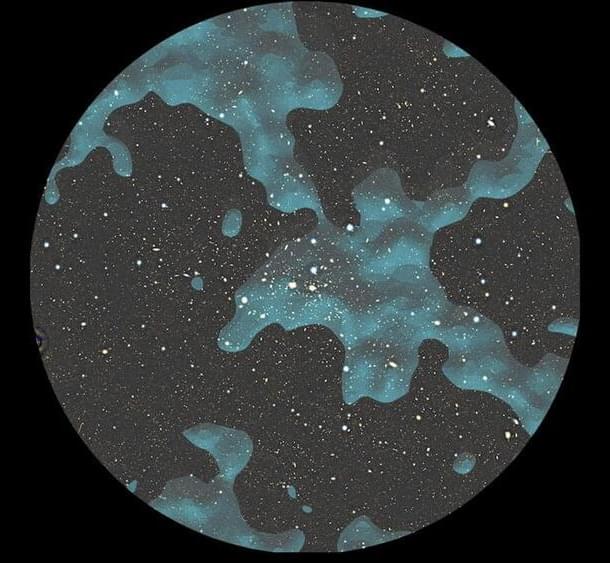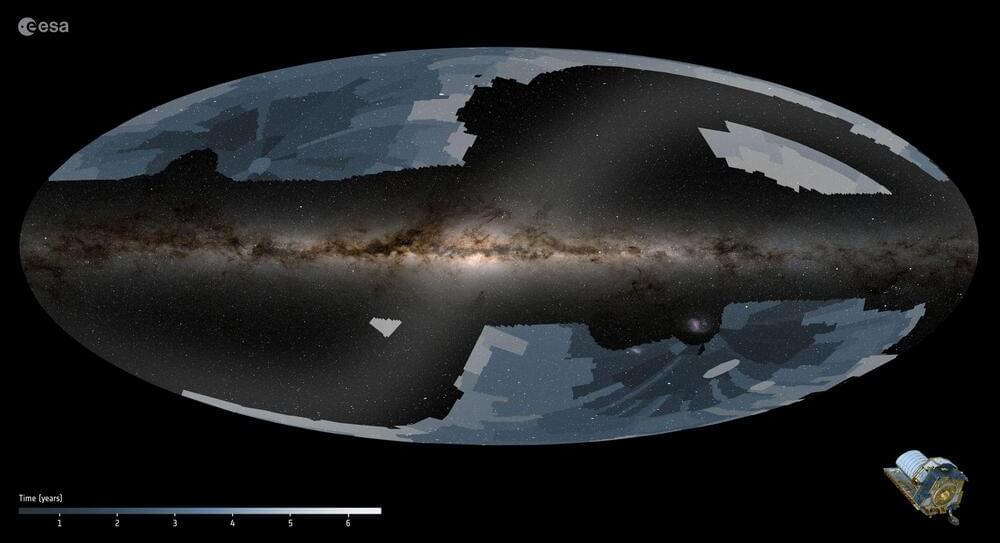Ever since the James Webb Space Telescope (JWST) captured its first glimpse of the early universe, astronomers have been surprised by the presence of what appear to be more “ultramassive” galaxies than expected. Based on the most widely accepted cosmological model, they should not have been able to evolve until much later in the history of the universe, spurring claims that the model needs to be changed.
This would upend decades of established science.
“The development of objects in the universe is hierarchical. You start small and get bigger and bigger,” said Julian Muñoz, an assistant professor of astronomy at The University of Texas at Austin and co-author of a recent paper published in Physical Review Letters that tests changes to the cosmological model. The study concludes that revising the standard cosmological model is not necessary. However, astronomers may have to revisit what they understand about how the first galaxies formed and evolved.
